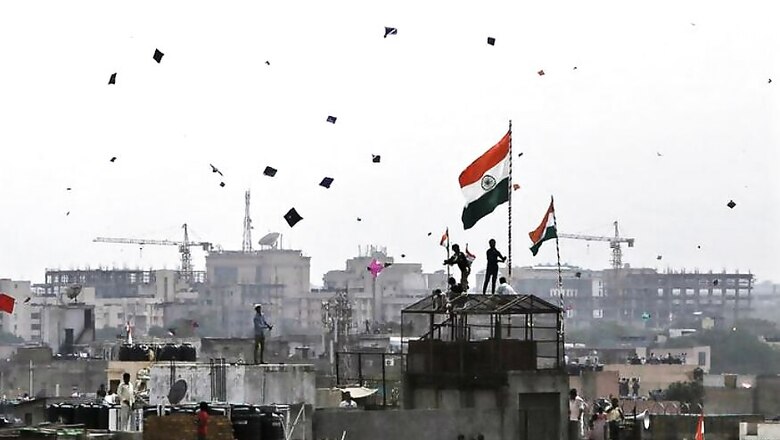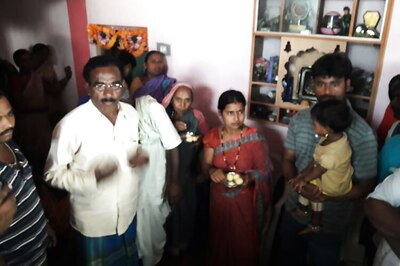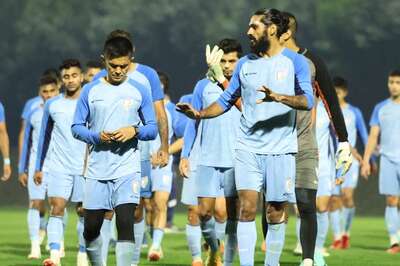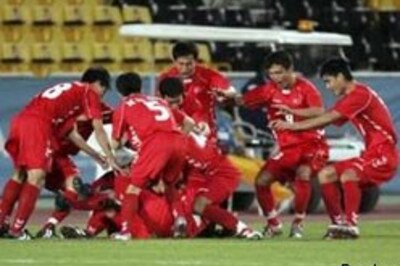
views
A think tank and research institute closely associated with the Rashtriya Swayamsevak Sangh (RSS) has written to the government to “begin a new tradition” in the national capital by organising a kite flying festival on Makar Sankrati that falls on January 14 every year.
The kite-flying festival in Delhi is an annual event associated with the Independence Movement and held every year on the 15th of August. It is almost a century-old tradition, which by some accounts has its genesis in the protests against the Simon Commission in 1927.
The seven-member commission sent by the then British government was mandated to suggest changes in Government of India Act. The Congress Party boycotted the Commission and innovative methods including flying kites with slogans “Simon Go Back” dotted the Delhi sky when its members visited Delhi.
Deendayal Research Institute or DRI associated with the RSS has now sought that this tradition be altered to synchronise the kite-flying festivities with other state like Rajasthan and Gujarat where the “festival is marked with gaiety, music and food” and be organised on 14th of January instead.
A letter to this effect has been sent to Union Minister of Sports and Youth Affairs Vijay Goel.
In the same missive DRI buttresses its demand to argue that “on Makar-Sankranti, the Sun changes its course to Uttarayan and it is widely believed that on this day the energy from the Sun is most radiant and divine”.
DRI has also proposed that the festival date if shifted to 14th January be named after Jan Sangh leader Nanaji Deshmukh since “he believed in the philosophy of Integral Humanism, encapsulating the Indian Culture, he was inter alia, a great votary of indigenous sports and games and other such activities”.
The assertions notwithstanding, India has a rich tradition of kite flying; and the sport is associated in many parts of the country on different dates and seasons encapsulating diversity in culture and form.
In western parts of the country- especially in Rajasthan and Gujarat- it is celebrated on Makar Sankranti which is also the harvest festival in many other parts of India. The day also marks the first solar transition from one zodiac path post winter solstice.
In Lucknow, however, the kite-flying begins on ‘Jamghat’, a day after Diwali. It is the time of the year when the wind direction changes from Easterly to Westerly which is considered more conducive to kite-flying.
















Comments
0 comment